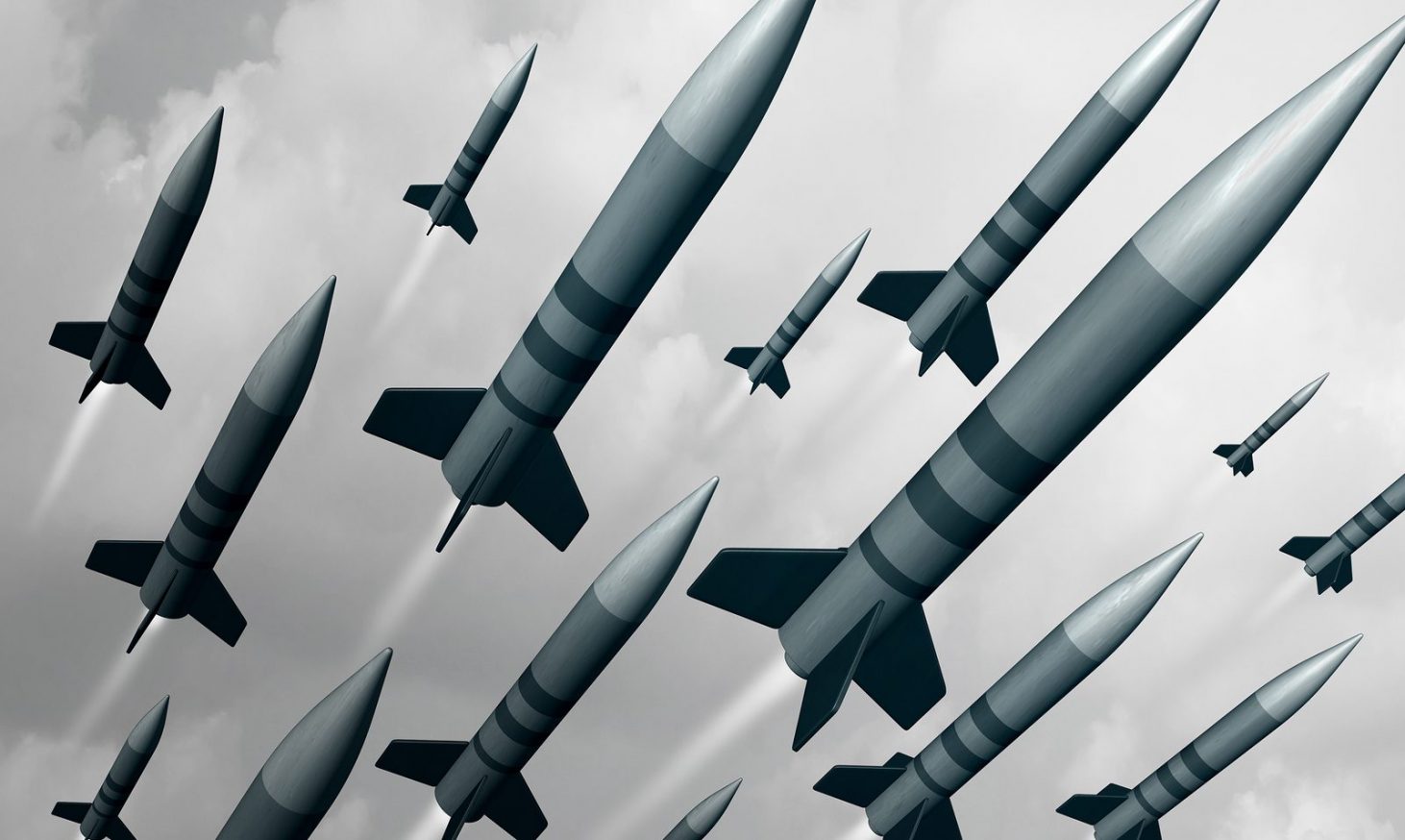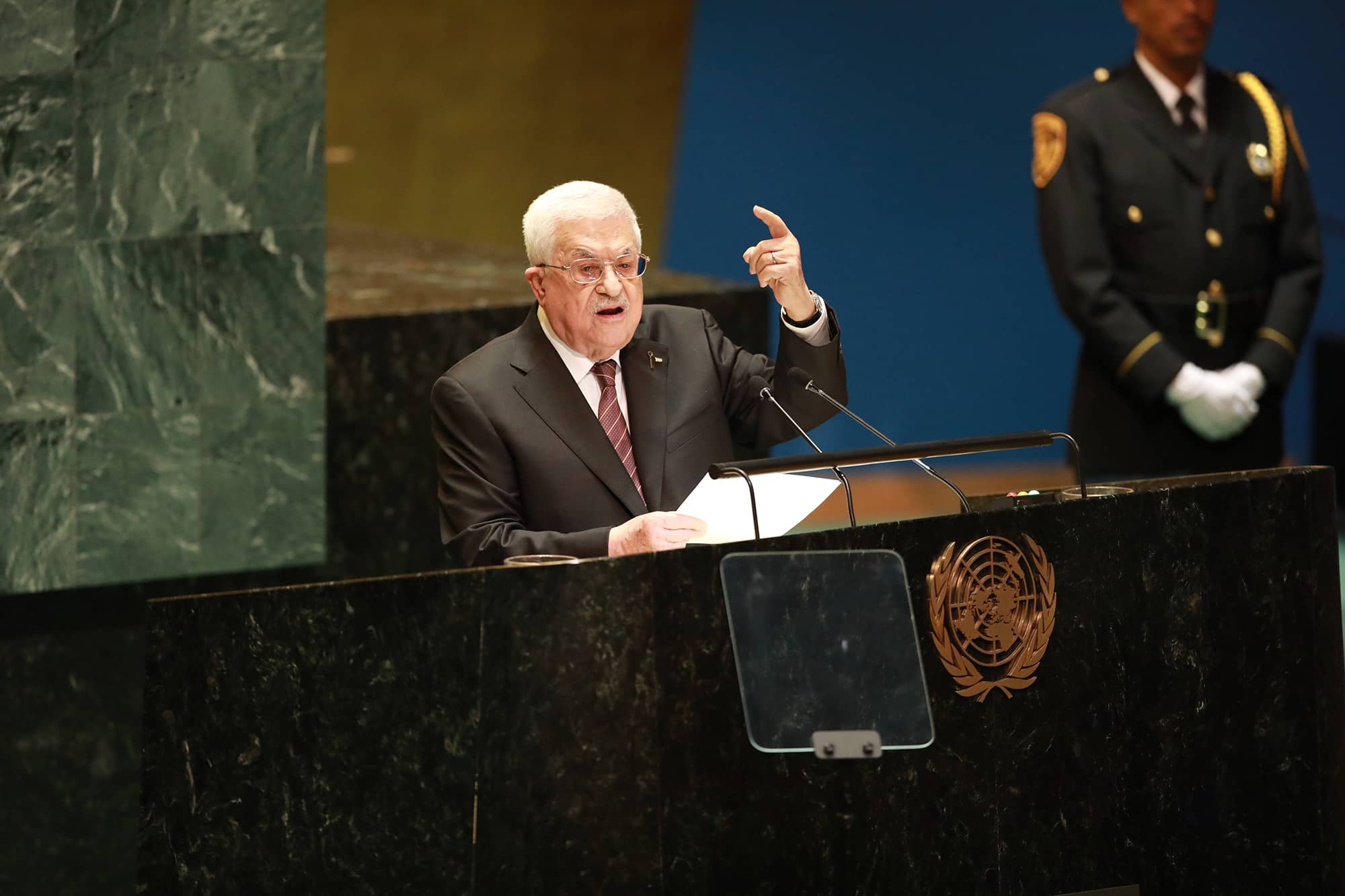Overnight Wednesday, the Iranians followed through with the promise they made two months ago and fired 20 missiles at the Golan Heights. They made that threat after accusing Israel’s air force of attacking a Revolutionary Guard facility at the T-4 air base in central Syria. Since then, according to foreign claims, Israel has attacked twice more; once two weeks ago with the destruction of a large weapons warehouse; and again, 24 hours before Iran’s attack Wednesday night – apparently to prevent Iran’s first attempt to shoot at Israel.
The Iranian attack didn’t cause any damage; four of the 20 missiles had to be intercepted and were successfully shot out of the sky. It certainly wasn’t the retaliation the Iranians had hoped for; we can assume therefore that Israel’s previous attacks in Syria significantly damaged Iran’s response capabilities. No actual details are available, but the gap between Iran’s lofty threats and their limited performance points to successful pre-emptive neutralization.
The IDF’s response – the air force played a prominent role but according to Russian reports surface-to-surface missiles were also used – was comprehensive and indicated advanced planning. Unlike past reports involving attacks on select targets or a single warehouse, the IDF sought to strike a vast array of targets, apparently the entirety of Iran’s infrastructure in Syria – from intelligence outposts to weapons facilities.
Israel sought to exploit the opportunity to hit a wide range of targets. The IDF had surely been aware of many of these targets for some time, but the opportunity or the diplomatic justification to attack them hadn’t emerged yet. The Iranians created the justification by firing directly at Israel, for the first time. The new situation necessitated a different type of response, decisive and comprehensive.
Because Israel cannot allow Iran to build another “war machine” in Syria – on top of the one they already have in Lebanon in the form of Hezbollah – it had to put a “price tag” on Tehran’s activities. Such an attack, if it was indeed successful, will have set the price appropriately. With that, Israel must not ease up. Our intelligence branches need to understand what was destroyed and then identify where and how Iran intends to push its military build-up forward – and neutralize that as well.
Our mission planners need to study the operation and look into the seemingly exaggerated Russian claim that some of the missiles fired by Israel were intercepted by Syrian air defenses (which the IDF targeted only after they opened fire on our planes). They need to think of new attack methods to overcome the dense Syrian defenses, which mainly consist of Russian air defense systems. The fight isn’t over yet; it seems Iran still hasn’t given up on its plans.
Published in Israel Hayom 11.05.2018
JISS Policy Papers are published through the generosity of the Greg Rosshandler Family.
photo: Bigstock















Disarm Hamas or Face a Partitioned Gaza